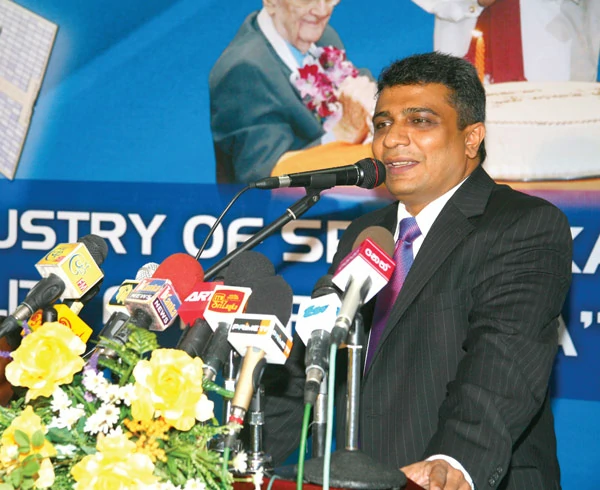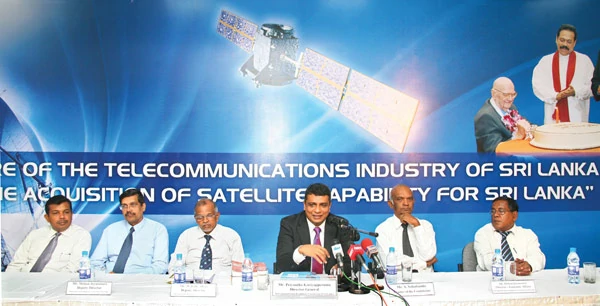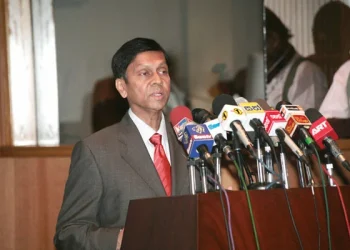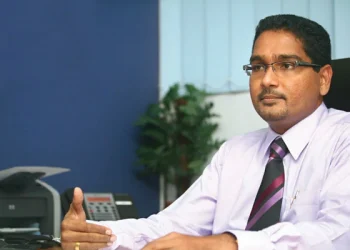
The Telecommunications Regulatory Commission of Sri Lanka (TRCSL) proudly announced a series of successfully accomplished activities which they had carried out during 2009- the year of ICT.
Director General of TRCSL, Priyantha Kariyapperuma asserted that Sri Lanka has developed its telecommunications industry to a level that is second to none of the developed nations.
Kariyapperuma pointed out that as a result of pertinent regulatory initiatives the local telecommunications sector has taken pride in being the prime figure to introduce some of the most latest global telecommunication technologies in the South Asian region. Sri Lanka has facilitated some of the most advanced technologies in the world such as GSM, 3G, 3.5G and HSPA (High Speed Packet Access), which allows high speed mobile broadband. Sri Lanka is also the first country to introduce Next Generation Networks such as 4G, which would enable the use of WiMax (worldwide interoperability for microwave access) and LTE (Long Term Evolution).
The subscriber base sector has indicated a quadrupled growth rate in 2009, with an escalating number of 13 million mobile subscribers. However, the Director General added that the state of the fixed line usage has still to improve although the number has escalated from less than a million in 2005, up to 3.5 million in 2009.
Kariyapperuma stressed on the fact that during 2009, TRCSL’s main motive through conducting various programmes was to raise awareness among the masses on these latest technologies and the introduction of web filtering for safe usage of cyberspace for children.
He also mentioned, that, “as a regulatory body, we have identified the need of amending the existing telecommunications act which would enable more technological advancements”. The act would allow new technologies to be implemented within the country without any hindrance and also protect the public from any misuse in relation to telecommunications sector. Several new acts have already been put into implementation such as the Electronic Transactions Act and the Prevention of Computer Crimes Act.
Contribution of these latest technologies has reached the education sector. The Government is embarking on a project to provide a laptop to each student – a classmate PC. 3500 schools have been facilitated with computer labs.
Working on an initiative led by His Excellency the President, TRCSL is planning to establish the Sri Lanka Space Agency (SLASA) as a basic step towards acquiring satellite capability upon being part of the Acquisition of National Satellite Capability.
This year was a remarkable year for the TRCSL as well as the telecommunications industry since Sri Lanka became the host for two of the most prestigious global events; the Next Generation Networks Standardisation and the 11th SATRC council meeting. Sri Lanka is due to host another two important events, the 50th CTO council meeting and the ITU Global Symposium of Regulators.
Finally, Kariyapperuma honored the late Sir Author C Clarke and commended his contribution to Sri Lanka’s technological aspirations.






